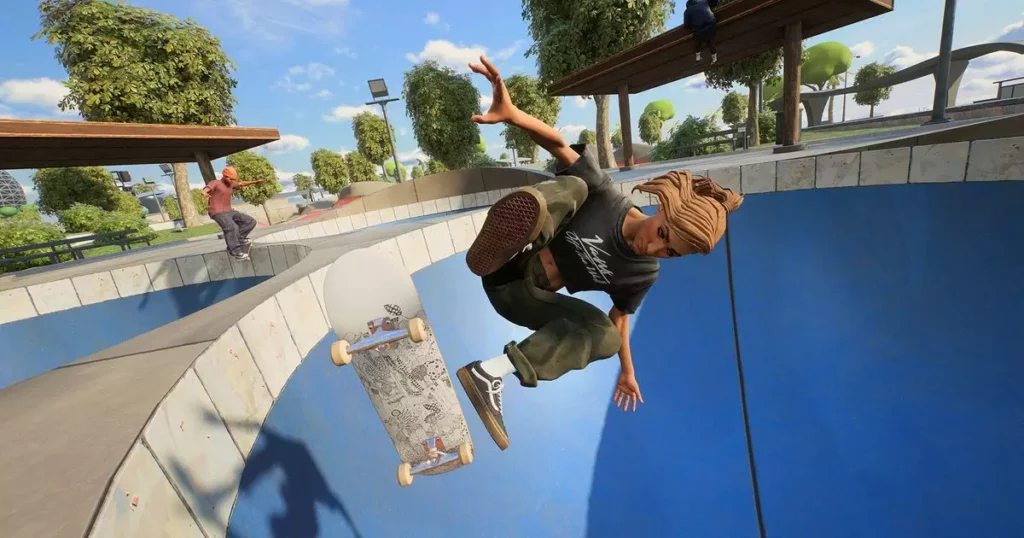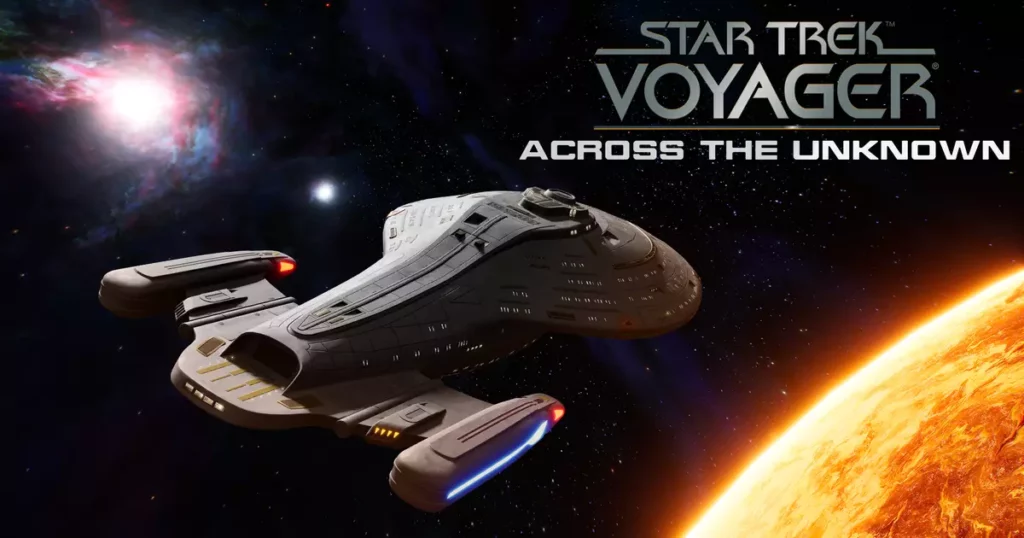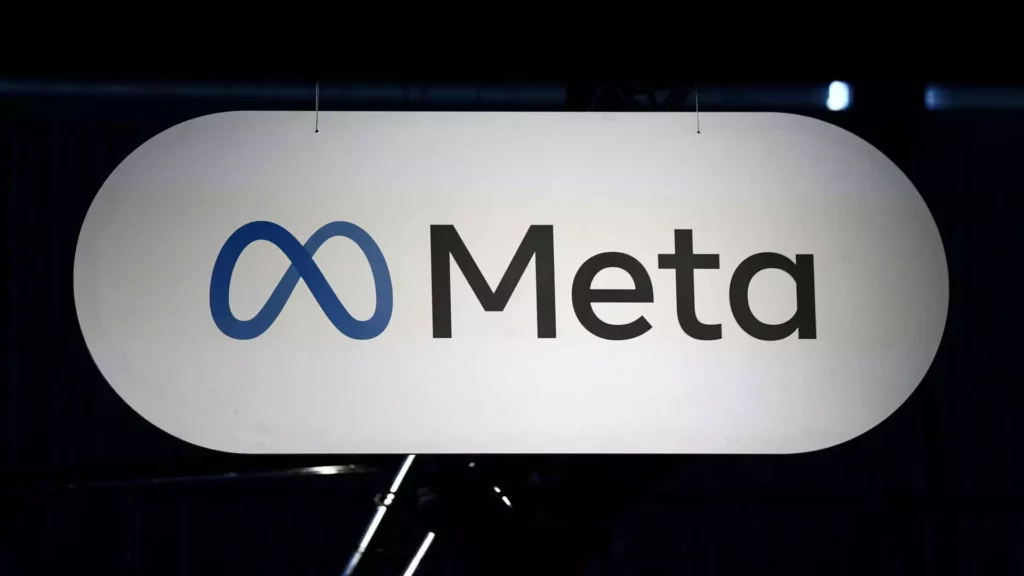After a long, arduous decade of silence, the beloved “Skate” franchise is preparing for an electrifying return with the launch of Skate, or “skate.” as it is stylized. This resurgence is not merely a reboot; it’s a bold rekindling of the community and culture surrounding skateboarding that first captured the hearts of many. For skateboarding aficionados, the promise of Skate has ignited a fervor reminiscent of the glory days of Skate 3. The announcement affirmed a vital connection between developers and their audience, generating buzz that resonates across social media platforms and fan forums alike. It’s a reminder of what video games can represent: an immersive experience that blends art, athletics, and social interaction.
Crafting Anticipation with Engagement
Electronic Arts (EA) has taken a savvy approach to stoke this anticipation by establishing the “Skate Insider” program, a unique initiative allowing dedicated fans to playtest the new installment. It’s a brilliant tactic, demonstrating an understanding of the modern gamer—one who desires not just to consume but to co-create. Players will get a chance to shape the game itself and provide the immediate feedback developers crave for a successful launch. However, while this inclusive strategy is notable, it highlights a dangerous trend: the gaming community’s new normal where fan input is only sought after as a marketing ploy.
The excitement surrounding the Early Access, slated for late summer 2025, isn’t merely about playing a game but about becoming part of a movement. This intentional engagement creates a narrative that pushes boundaries, invigorating a discourse around skate culture’s representation in digital realms. Yet, the underlying questions remain: Is this genuine engagement or a controlled play near the bigger commercial agenda?
Online-Only Dilemma: Connectivity Challenges
Every cloud has its silver lining, but when it comes to the cloud itself, some gamers are skeptical. The decision to make Skate an online-only experience is a contentious one. In an environment plagued by server instability and sudden game shutdowns, this choice has raised flags among potential players. Some have experienced firsthand the heartbreak of beloved games disappearing into the ether, simply because of internet issues—an unfortunate byproduct of an industry keen on pushing connectivity.
The criticisms echo louder in the context of the introduced free-to-play model, which many believe invites aggressive monetization practices. Gamers are acutely aware; the promise of free access can often be a façade with microtransactions lurking behind every corner. The prospect of shelling out extra cash for essential features or aesthetic upgrades is a bitter pill to swallow and could inadvertently tarnish the renaissance the franchise seeks to achieve.
Embracing Creativity and Community
Where Skate finds its true identity is within the community it aims to generate. Skateboarding, after all, is not just a sport but a vibrant culture and a lifestyle forged by self-expression. The new game promises to cultivate creativity, allowing players to curate their visual identity and share their skills with a global audience. Within this digital playground, the opportunity to showcase personal flair—vibrant tricks, unique outfits—transcends gameplay, moving into an artistic domain.
This focus on individuality can be a double-edged sword. The promise of creative expression can empower players and draw them into a global skater community. Still, if poorly implemented, it may create an unhealthy environment that prioritizes style over skill or, worse, commodifies personal expression in a way that diminishes the spirit of what skateboarding truly stands for.
Navigating Tradition and Innovation
As the excitement builds toward the release of Skate, there exists a remarkable tension between nostalgia and modernization. Much like skateboarding itself, which has transformed with each generation yet holds onto its core philosophies, this next installment must strike a balance. It needs to integrate modern gaming mechanics and expectations while respecting the cultural roots that made Skate a household name. This delicate dance of tradition and progress provides a backdrop against which the upcoming release will be tested.
Thus, as Skate gears up for launch, we stand at a crossroads: will it serve the legacy of its predecessors, contributing significantly to the ongoing narrative of skate culture, or will it become an emblem of gaming’s increasingly commercialized and disconnected landscape? The stakes have never been higher, encapsulating a moment in time ripe with possibility and hope, albeit shadowed by legitimate concerns.









Leave a Reply